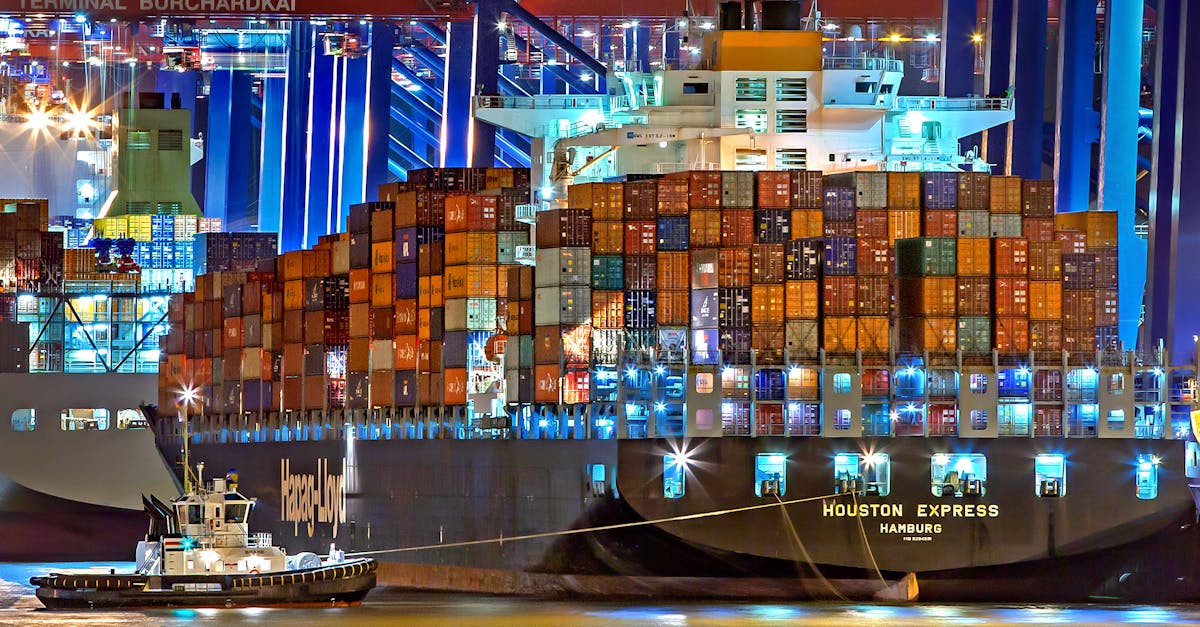Matson Inc., a prominent ocean shipping company headquartered in Honolulu, is grappling with the financial repercussions of China's new port fee regime. According to recent reports, the company has paid a staggering $6.4 million in port fees since the levies were implemented on October 14th, as confirmed by CEO Matt Cox. This development stems from escalating tensions in the US-China maritime relationship, directly impacting a key player in Hawaii's economy.
The new fees are a direct response to US tariffs on Chinese-built vessels, creating a tit-for-tat situation that has placed significant financial strain on US shipping companies operating in Chinese ports. In fact, Tradewindsnews.com reported that Matson's container ship Manukai was among the first US vessels charged under the new regime. The Manukai and Matson Waikiki were charged fees resulting in millions of RMB.
The implications of these fees extend beyond Matson's balance sheet. The increased operating costs could potentially lead to adjustments in shipping rates, which could affect the cost of goods imported to and exported from Hawaii. This could put pressure on local businesses and consumers, especially given the state's reliance on ocean transport for essential goods. Furthermore, Wto-mww.com highlights that these fees are part of a broader escalation in the US-China trade dispute, suggesting the situation may persist or worsen.
Industry analysts and investors in Hawaii should closely monitor how Matson adapts to these new financial burdens. Strategic decisions regarding routes, pricing, and potential adjustments to the company's fleet will be crucial to mitigating the impact. Moreover, Mondaq.com details the legal complexities surrounding these charges, underscoring the need for Matson to navigate both financial and regulatory challenges. This situation serves as a stark reminder of the interconnectedness of global trade and the vulnerability of businesses to geopolitical tensions.



